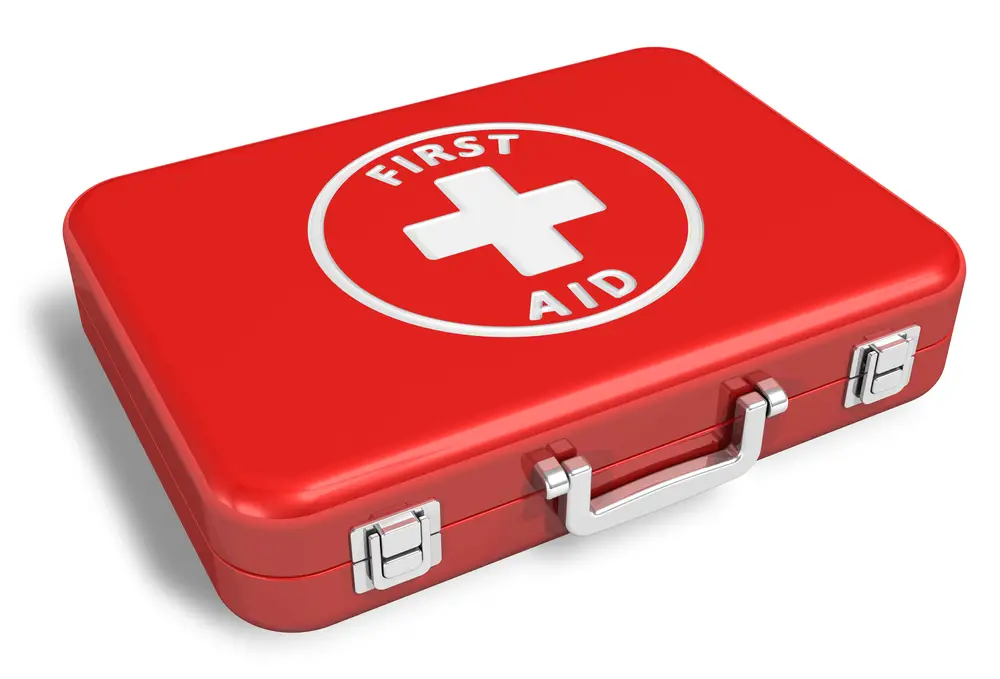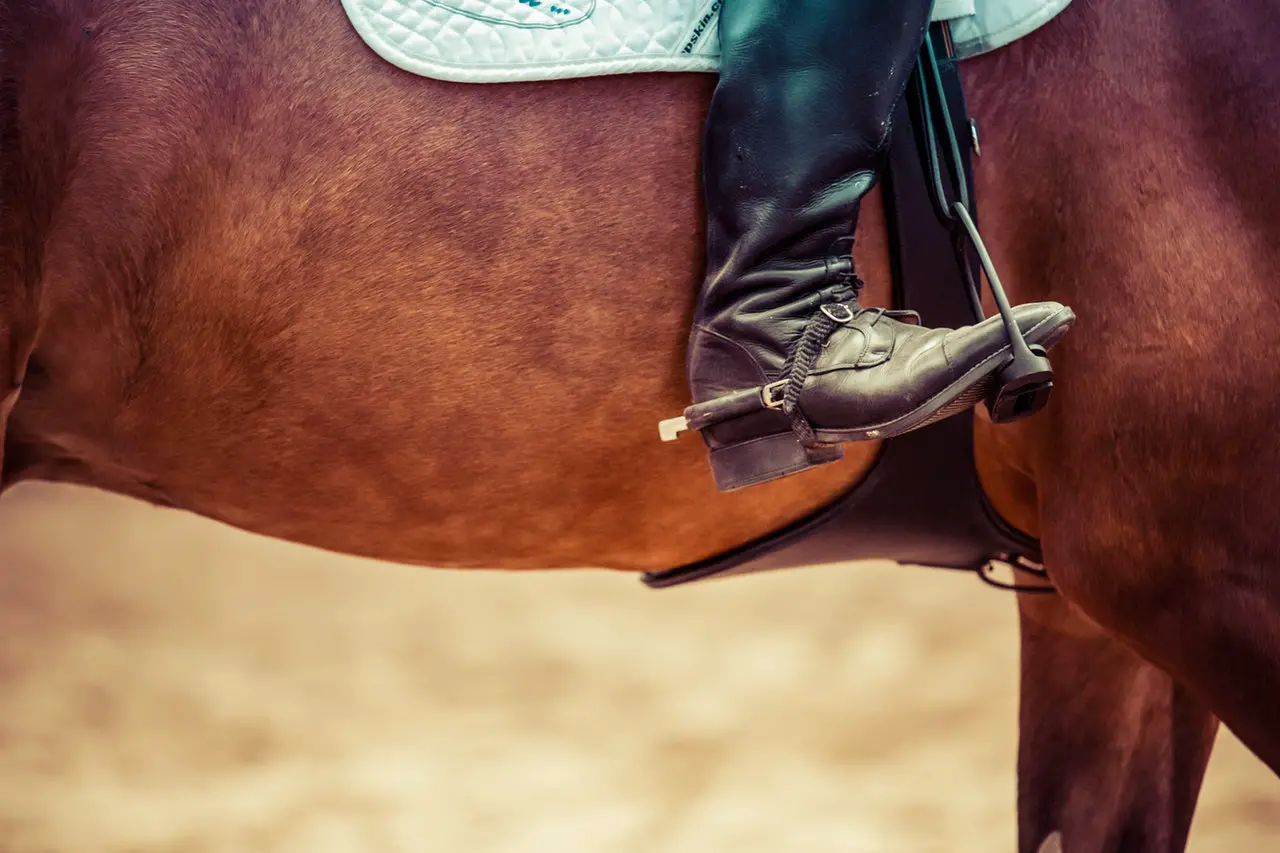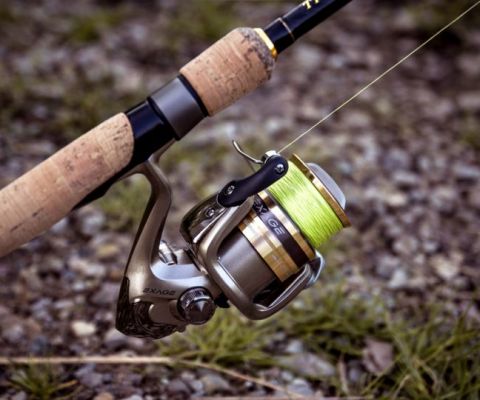Top 5 Tips For Turkey Hunting
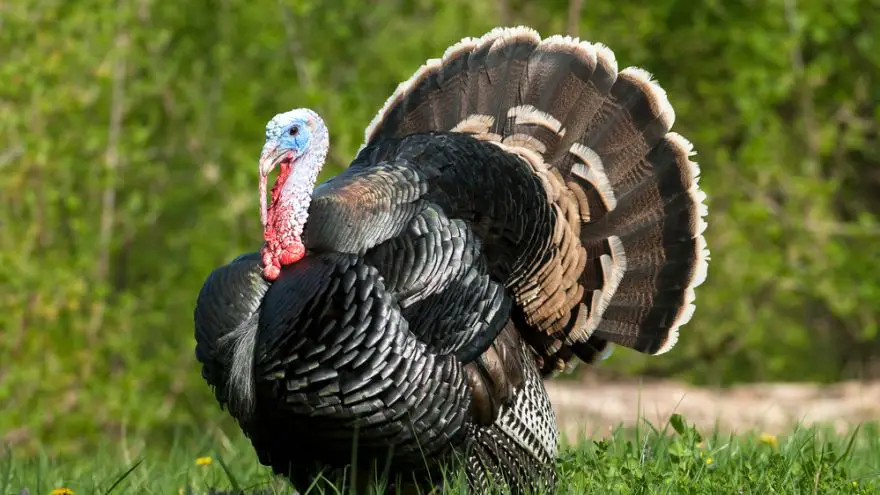 Top 5 Tips For Turkey Hunting
thegearhunt.com
Top 5 Tips For Turkey Hunting
thegearhunt.com
Turkey hunting is much harder than most people suspect, so if you think that simply walking out into the woods with a shotgun is going to guarantee you a successful hunt, you should find the information in this article to be very useful and informative.
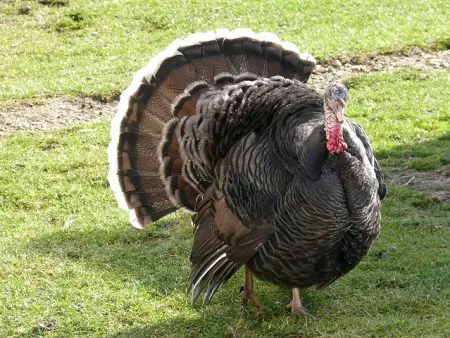
Learning how to successfully hunt a turkey will be an invaluable skill to have. Not only is turkey hunting fun, but should you ever need to go off the grid with your family in the event of a disaster, turkeys will be a prime source of food. Besides, who says turkey hunting can’t be an enjoyable hobby?
Preparing for a successful hunt
Regardless of what your reasons are for wanting to go turkey hunting, here are the top five tips to help make your hunt a success:
GATHER YOUR GEAR
The first thing you need to do before any hunt is to gather your gear. When hunting turkeys, wearing full camouflage rather than orange or other bright colors is imperative. This is because turkeys can see in color and have excellent two hundred and seventy degree vision, and will thus be able to detect you if you don’t stay camouflaged.
Not only should you wear a camouflage shirt, jacket, and pants, but you will always want to keep your hands and face covered as well. Yes, a turkey will be capable of detecting your skin amidst all the brush and foliage. So not only will you want to choose camouflage clothing, you will want to opt for a camouflage that most closely blends in with the environment you will be hunting in.
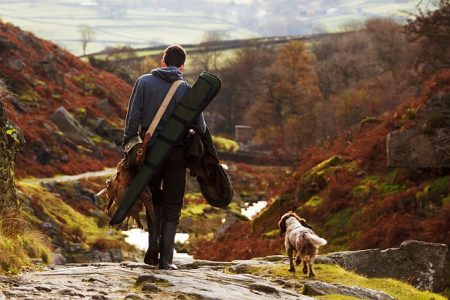
In addition to your clothing, other gear that you will need include you calls (more information on this later), a map or GPS, snacks and water, a survival kit, and spare ammunition. You’re going to need somewhere where you can store all of this, and your best options will be either a hunting pack or a turkey vest.
A true turkey vest is designed to carry all of your turkey hunting gear in an organized and quiet fashion. There will be multiple compartments and pockets in which to store things, so investing in a turkey vest wouldn’t be an unwise idea.
And of course, you’re going to need a shotgun. The most popular gauges used for turkeys are 20 gauge and 12 gauge birdshot loads, although the less common 16 gauge could also be effective used. 28 gauge and .410 bore are a little on the light side for turkey and are better suited for smaller game birds such as grouse or quail.
It’s important that you select a high quality and reliable shotgun with a good shot pattern. A single shot, double barrel, pump action, or semi-automatic shotgun will all work fine as long as they shoot what you are aiming at.
HUNT DURING THE BREEDING SEASON
The best time to hunt turkeys will be in the spring during their breeding season. The reason why is because turkeys will be more active during this time. Whereas in other seasons they’ll generally only be out and about during the early morning and evening hours, during the breeding season they’ll be more likely to abandon their cover during the height of the day.
Male turkeys, called toms, will also gobble often during the day in an effort to attract females, or hens. Interested hens will respond with clucks, which means that you may be able to detect both toms and hens rather than just one or the other.
WAKE UP EARLY
Even though turkeys will be active throughout most of the day during the breeding season, it’s still a wise idea to wake up early. This is a tip that holds true for hunting almost anything because dawn is when animals will be the most active. It’s during these hours that they will be searching for water and food and thus will be more exposed from their usual areas of cover.
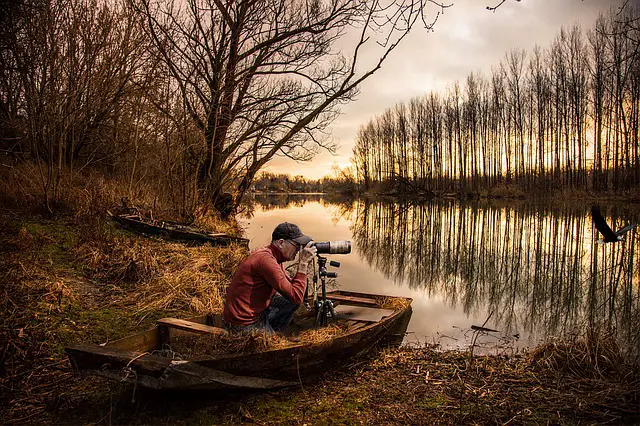
In contrast to this, during the daytime, turkeys will tend to retreat into dense woods and brush where they will remain still and spooking them out will be difficult.
Another advantage to waking up early is that it simply gives you more time to hunt. For example, you can begin your hunt at 5:30 A.M. in the morning and then continue hunting until 9 A.M.
HUNT IN WARM WEATHER
Another valuable tip for hunting turkeys is to hunt during the warm weather if you can. This contradicts another common tip that is often given to novice turkey hunters, and that is to hunt during the rain. The logic is that visibility will be down and the noise of the rain will make it more difficult for a turkey to hear you, thus meaning you can move more freely without being detected.
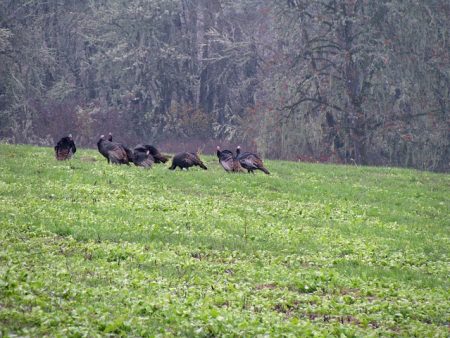
However, the reason why this isn’t the best tip is because turkeys will be staying under cover while it rains. You could literally walk right past one and not notice it. On the other hand, turkeys will be far more active when the day is warm and the sun is bright, since they will see less of a need to remain covered.
Therefore, keep up-to-date on expected weather during turkey season and choose the days where the weather is warmest and clearest. The chances of you making a kill will go up if you do.
HAVE MULTIPLE CALLS
A mistake that many new turkey hunters make is to only use one call. While there’s nothing wrong with having a favorite call, it’s also important to realize that every turkey is unique. In other words, just because one turkey responds favorably to a particular call doesn’t mean the turkey next to it will.
Instead, choose two or three turkey calls that you will take with you on your hunt and use each of them. A variety of calls that you could use would be box calls, diaphragm calls, and tube calls.









